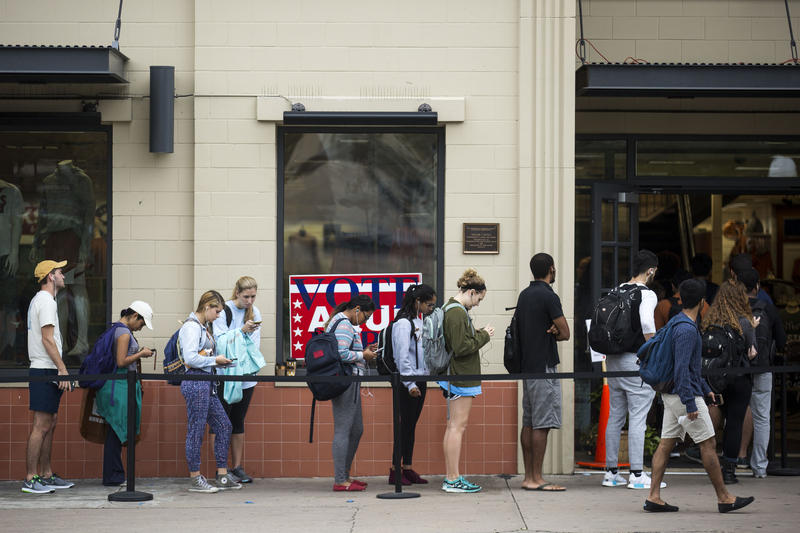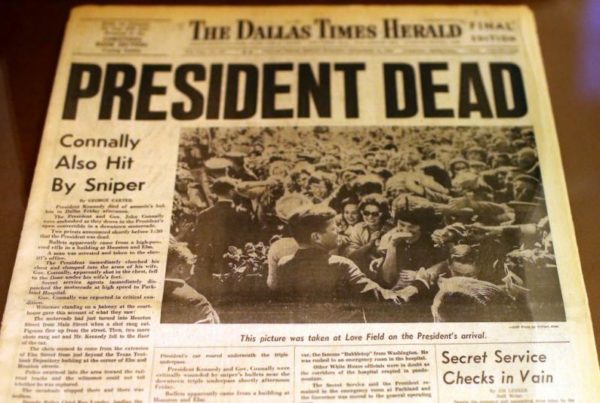Texas’ voter ID law – redrafted after court findings that the original statute intentionally discriminated against voters of color, has been upheld by a three-judge panel of the 5th Circuit Court of Appeals.
Alexa Ura has been covering the story for the Texas Tribune. She says the appeals court reversed the lower court’s ruling that fixes Texas had made to its voter ID law were not enough to eliminate the original law’s discriminatory aspects.
“The Fifth Circuit on Friday said that [the lower court] judge had abused their discretion in blocking the entire SB 5 legislation,” Ura says. “And so now, practically it doesn’t have a huge effect because a three-judge panel had already ruled that the state could use those rules for this year’s election cycle.”
Ura says the ruling allows SB 5, the revised voter ID law passed by the legislature in 2017, to remain in effect permanently.
Lawyers for plaintiffs in the suit point out that the appeals court panel didn’t overturn earlier findings that the original 2011 voter ID law discriminated against minority voters. The lawyers haven’t indicated whether they will appeal the ruling, either to the 5th Circuit panel, or to the U.S. Supreme Court.
Ura says the revisions to the 2011 law in SB 5 made it easier for voters to get ID, and allowed voters to sign a “reasonable Impediment” document, explaining why they are unable to obtain an ID. Advocates for less restrictive voter ID laws point out that fraudulently signing a reasonable impediment form could open a voter to criminal charges.
“There are concerns that voting under the threat of jail could still have a chilling effect on turnout among voters of color who might still be unclear about where the law stands after so much back and forth over the legality of it.”
Written by Shelly Brisbin.















